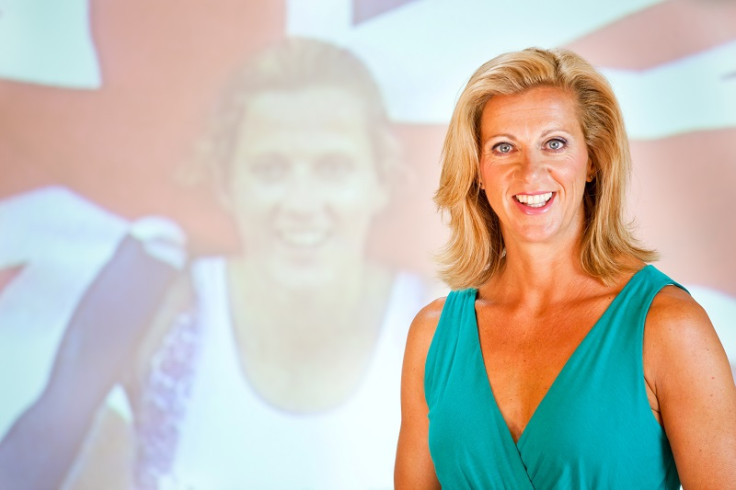Olympic Champion Sally Gunnell: Small Changes Can Help Workers Win the Fitness Race

The new ONS Sickness Absence in the Labour Market Report gives us a great insight into some major problems facing UK businesses.
While top line figures indicate a large drop in sickness absence over the last ten years, it becomes quickly apparent that what we're not measuring here is presenteeism and the overly pressurised environments that can lead to working through illness, at the cost of productivity.
It's quite clear that small, private businesses are far less likely to have high levels of sickness absence, considering that the figures exclude "someone who is sick and makes up for the lost hours at a later point in the week".
Large organisations can pick up the slack, but small companies don't have the resources. Whether this is leading to detrimental levels of stress in your workforce can be a tricky question.
If you've created a results culture that is flexible on working hours and invests employees with responsibility and some self-determination, it's perfectly possible to have a driven team that is more than willing to get the job done regardless of sickness.
High pressure environments are extremely effective at getting the best out of people – competitive sport is a prime example of this – but there is a fine line between high pressure and high stress.
The report states that the most common reason for people going to work when they were sick was 'not wanting to let their team down'.
Is that a sign of strong teams with individual desires to excel, or of a guilt and envy culture? I think most of us know from personal experience that guilt is not a positive motivator.
These are questions every organisation should be asking itself on a regular basis. Finding the answers and not just what you want to see, or what managers want you to see, can be a tough job so you may want to call in experts to ask the right questions in the right context and analyse the outcomes.
The key message from the report for me is that musculoskeletal pain is the biggest cause of sickness absence. This is something I have been helping businesses with, with my Healthy Living programme. It's immediately apparent in many work environments that there is a widespread lack of physical education and knowledge of healthy movement patterns.
Efficient and safe lifting is generally advised in warehouses, but how about the importance of posture in offices?
How many people understand the knock on effects of sitting with poor posture for eight hours per day?
How many people know how to walk or run with a stable knee position? How many people do intense exercise with high risk movement patterns? It's no surprise that hip, back and neck pain are causing so much sickness absence.
So what can we do to address the situation?
I find small changes can go a long, long way when it comes to creating healthier lifestyles. Give employees opportunities to learn about, improve and explore their own bodies and they will repay you with efficiency, resilience and loyalty.
First you need a trusted source of information and qualified health and fitness professionals to communicate messages and offer therapeutic activities.
These could be exercise classes that improve posture such as yoga or Pilates, time with a physiotherapist or massage sessions. Ideally all of these, and more.
Then you need to present these activities in an appropriate context to avoid appearing condescending and causing embarrassment or shame.
When we add physical wellbeing elements to team building days or conferences, employees see the activities as something fun to get involved in rather than going back to PE lessons at school. It's important to communicate at the right level and embody the activities and information with an engaging image that distinguishes itself from your corporate or business image.
The great news is that improving physical wellbeing has knock on effects for the other causes of sickness absence too. Better fitness and nutrition should improve immune system response and increase mental resilience and response to stress.
We've got a lot to gain and nothing to lose, so what are you waiting for?
Sally Gunnell OBE is an Olympic champion and is the creator of the Healthy Living programme, which helps companies create bespoke wellbeing schemes
© Copyright IBTimes 2025. All rights reserved.





















